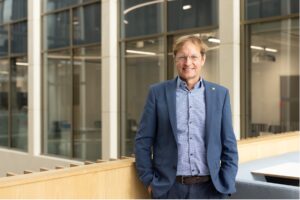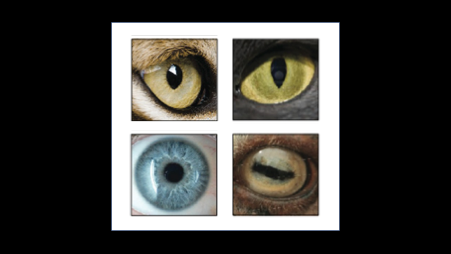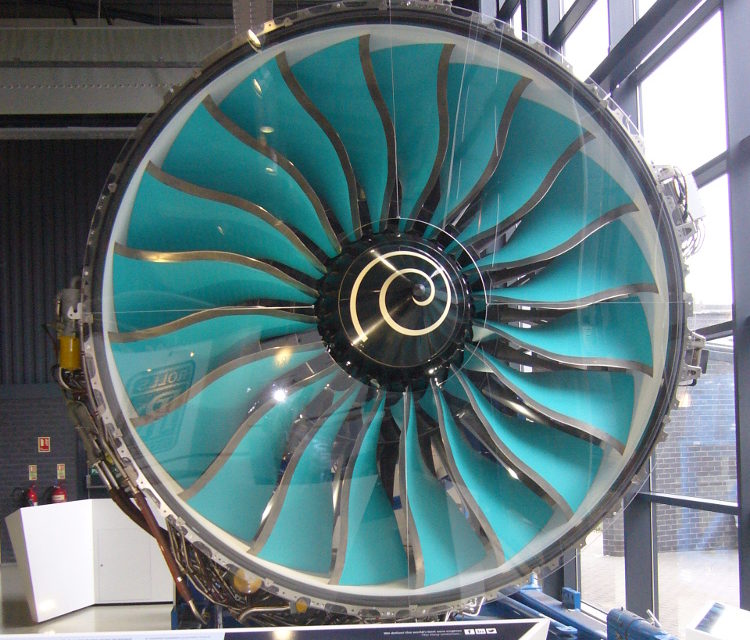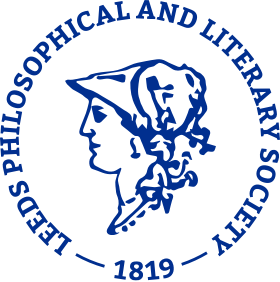Light, Camera, Optics!
Widening the scope of research about seeing and understanding – with Professor Gordon Love, University of Leeds
Vision is our most important sense and we learn the most about the world through light, whether that is through our own eyes or through scientific instruments which tell us about the Universe around us – telescopes – or the tiny biological world – microscopes.
In this talk Gordon discusses his varied research career within the world of optics, vision, and imaging. This includes trying to make telescopes on Earth as good as the Hubble Space Telescope, making microscopes which can look deep into biological samples, and presenting some examples of the ways this technology can give us insights into how human and animal vision works.

Gordon Love joined the University of Leeds as Head of the School of Computing in July 2023.
He came from Durham University, where he served as Head of the Department of Computer Science and Deputy Head of the Faculty of Science.
With a background in physics, his research involves optics, imaging, and displays. His current work is remarkably interdisciplinary: he’s a computer scientist, engineer, physicist, and even psychologist.
A common theme in Gordon’s work has been adaptive and adaptable optics with a specific focus on liquid crystal devices and lenses. Early work was aimed at astronomy and large telescopes, before diversification into biosciences and more recently vision science and virtual reality.
He has worked with colleagues in engineering, physics, computer science, psychology, maths, biosciences and even geography. Over his career, his work has been returned to three different REF panels: physics, engineering, and most recently computer science.
His latest work involves the optics of the eye: the mechanisms behind how the eye focusses light, which has important ramifications for VR displays.
He works with colleagues in the Computational Science and Engineering Theme and the Soft Matter Group in Physics. He is a member of the British Computer Society, a Fellow of the Institute of Physics and a member of Optica (the leading society in optics and photonics).

Other events you might be interested in...
Explore more

Grants
The Society makes grants both to individuals and to organisations in support of cultural and scientific activities which increase innovation, outreach and diversity in Leeds and its immediate area. It also supports local museums and galleries and publications relating to the city.

Events
Since 1819, the Phil & Lit has been inviting the people of Leeds to hear from knowledgeable and entertaining speakers. Many are leaders in their field of science, arts or current affairs. We also hold an annual Science Fair and organise occasional visits.



